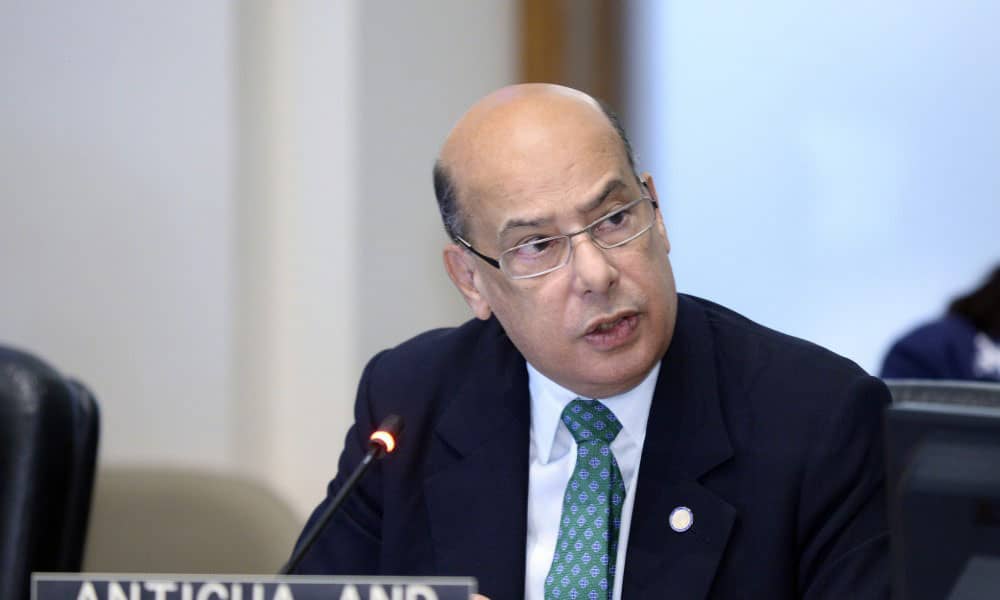During the 80th session of the UN General Assembly on September 23, 2025, U.S. President Donald Trump openly questioned the effectiveness of the United Nations, echoing sentiments shared by leaders worldwide. While acknowledging the UN’s potential, Trump criticized its inability to address critical global issues, particularly in resolving conflicts like the ongoing crisis in Gaza. His remarks highlighted a growing frustration with the organization’s perceived inefficacy, driven by the dominance of a few powerful states in the Security Council. This imbalance has led to the sidelining of the UN Charter and international humanitarian law, raising concerns about fairness and equity in global governance. The intensification of Israel’s operations in Gaza, coupled with a deepening humanitarian crisis, underscored these criticisms. Meanwhile, global diplomatic responses have broadened, with several nations, including the UK, Canada, and France, recognizing the State of Palestine. Trump argued that such recognition would reward Hamas, while most countries condemned Hamas but affirmed Palestinians’ right to statehood. The divergence extended to climate change, with Trump dismissing it as a ‘con job,’ contrasting sharply with small states’ urgent calls for action. China’s commitment to reducing emissions by 2035 was noted, but the U.S.’s retreat from climate leadership has left a void, allowing other nations to shape global norms. Despite these challenges, small Caribbean states continue to value the UN as a platform for advocacy, though its credibility is strained by uneven rule application and volatile financing. The UN remains indispensable for small states, but its limitations are increasingly apparent.
